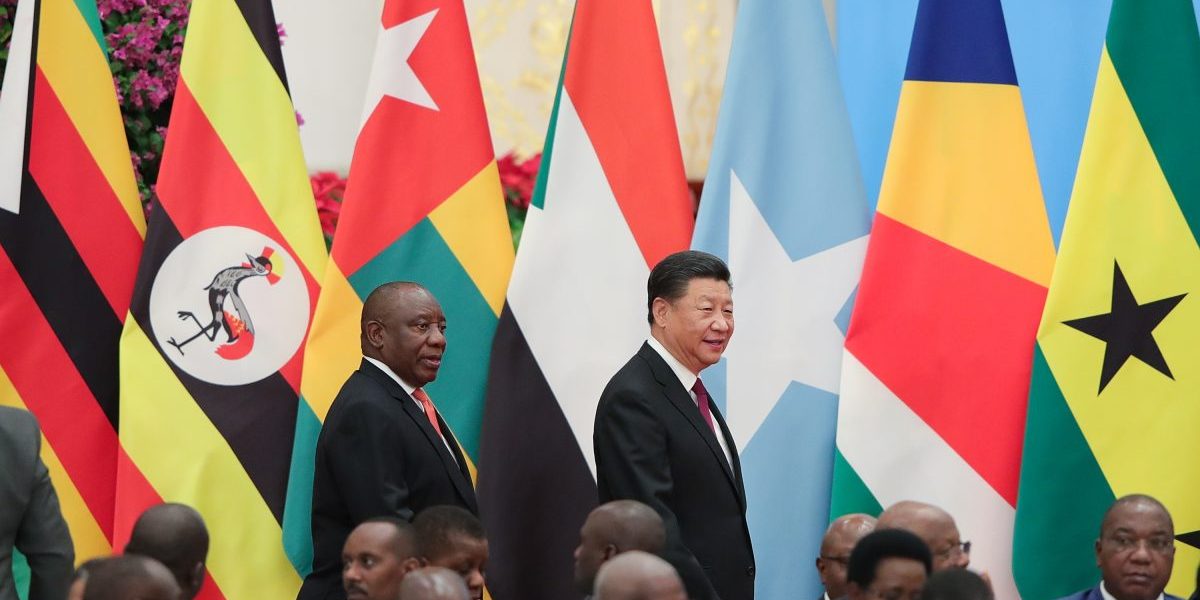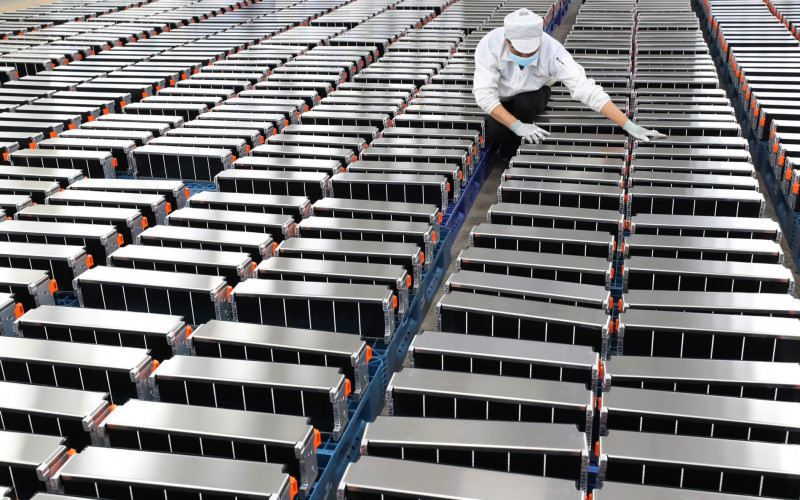The focus is usually on China’s strategic interests, responses by the United States and Europe, or the social and environmental issues of Chinese investment. However, these discussions do not often explore the most important questions: does engagement with China support African countries’ economic development? Does it contribute to generating jobs and to forming more diversified and resilient economic structures? Based on our work, the answers to these questions are ‘ Yes. ’
In our report on Africa ’s economic transformation: the role of Chinese investment, we review a hundred research studies spanning over a decade, synthesising an enormous body of evidence to understand if and how China-Africa economic engagement benefits African countries, promotes productivity and contributes to changing the structures of African economies. Our findings show that Chinese investment does contribute a great deal to economic transformation across African countries.
At the micro level, we find evidence that Chinese firms create thousands of jobs in Africa, most of them being for African workers. We see that Chinese firms build capacity of their African employees through the training of different occupations and tasks. We also find that African firms often learn from Chinese companies they interact with, especially through buyer-supplier relations. Many Chinese companies collaborate with their African partners to develop their expertise and bring them up to target standards. We find evidence that trade with China can help African firms acquire technology and equipment to break into new fields.
At the macro level, we find that Chinese investment has contributed to substantial diversification of African economies. Chinese firms operating in manufacturing and construction have played a crucial role in promoting development of these sectors, but have also opened up opportunities in the upstream and downstream activities, such as agriculture and services, that feed into their production process. Moreover, by contributing to developing infrastructure, Chinese companies help remove bottlenecks that prevent investment from taking place.
This is not to say that everything is seamless in China-Africa economic engagement. Many issues still require attention. For example, Chinese (and other foreign) companies create many jobs for African workers, but these are usually at lower ranks in the company – African workers rarely access top managerial positions. Chinese and African firms do engage in partnerships, but longer-term joint ventures, which would have the most beneficial effects, are all too rare. Building infrastructure is costly and, if not contributing to economic development, it can become a burdensome responsibility rather than an opportunity. Finally, we have to remember that African economies are incredibly diverse. The impact we discuss in our study appears in different countries across Africa, in various forms and to different degrees, and this impact depends on specific political and economic contexts.
One thing we can be sure about is that, overall, Chinese economic engagement does support economic transformation across Africa. What African countries need at this time, especially as they recover from COVID-19, is more – not less – investment, not only from China but also from other countries. To make sure that both the host country and investors gain from it, investments must create jobs, open up new sectors of the economy and comply with social and environmental standards. If ‘ traditional ’ investors were willing to go beyond their focus on extractives and financial services, and expand into agriculture, manufacturing and construction, African economies could benefit substantially and for a sustained future.
SAIIA partnered with the Overseas Development Institute to launch the report, Africa ’s economic transformation: the role of Chinese investment, in Africa. Watch the launch webinar here.








